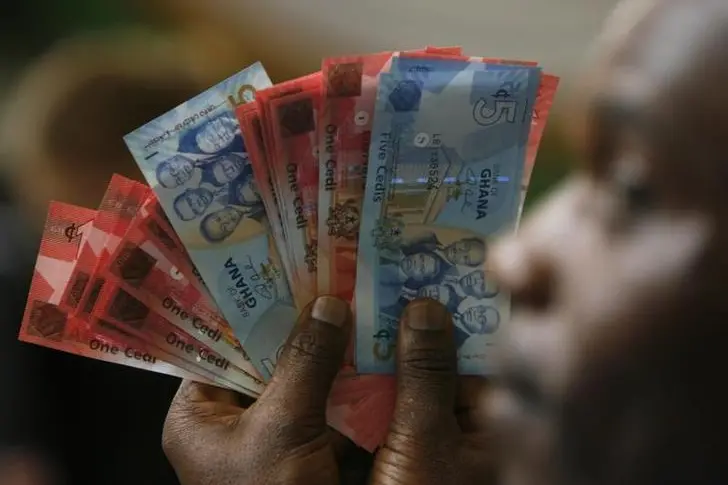PHOTO
ACCRA - Consumer inflation in Ghana climbed further, to 33.9% in annual terms in August from 31.7% in July, data showed on Wednesday, reaching its highest level since 2001 just weeks after the largest lending rate hike in the country's history.
The central bank raised rates by 300 basis points to 22% last month at an emergency meeting to address the economy's rapid deterioration. The government is also in the early stages of negotiating a support package from the International Monetary Fund (IMF).
The statistics service on Wednesday said prices for imported items rose by 35.2% in August, against 33.4% for local items. Transport, which includes fuel, saw the second-highest price hikes, behind housing, water, electricity and gas.
Oils and fats were the biggest driver of food inflation, coming in at 34.4% year on year in August.
The gold- and cocoa-producing nation in July said it would seek IMF support as its balance-of-payments position deteriorated.
The government has blamed its woes on a combination of forces, including the COVID-19 pandemic, the war in Ukraine, as well as U.S. and Chinese economic slumps.
The depreciation of Ghana's cedi currency has largely stabilised in the wake of the central bank's emergency rate hike after a sharp decline in the first half of August. It is down over a third against the dollar since the end of last year.
Foreign holders of Ghana's local currency debt sold a record 4.5 billion cedis ($454.55 million) of debt in August after selling 3.2 billion cedis in July, Mark Bohlund, a credit analyst at Redd Intelligence, said in a note on Tuesday.
"Repatriation of these funds could have been a significant driver in the cedi's weakness during the month," he said.
(Reporting by Christian Akorlie and Cooper Inveen; Additional reporting by Rachel Savage in London; Editing by Alexander Winning and Mark Porter)




















